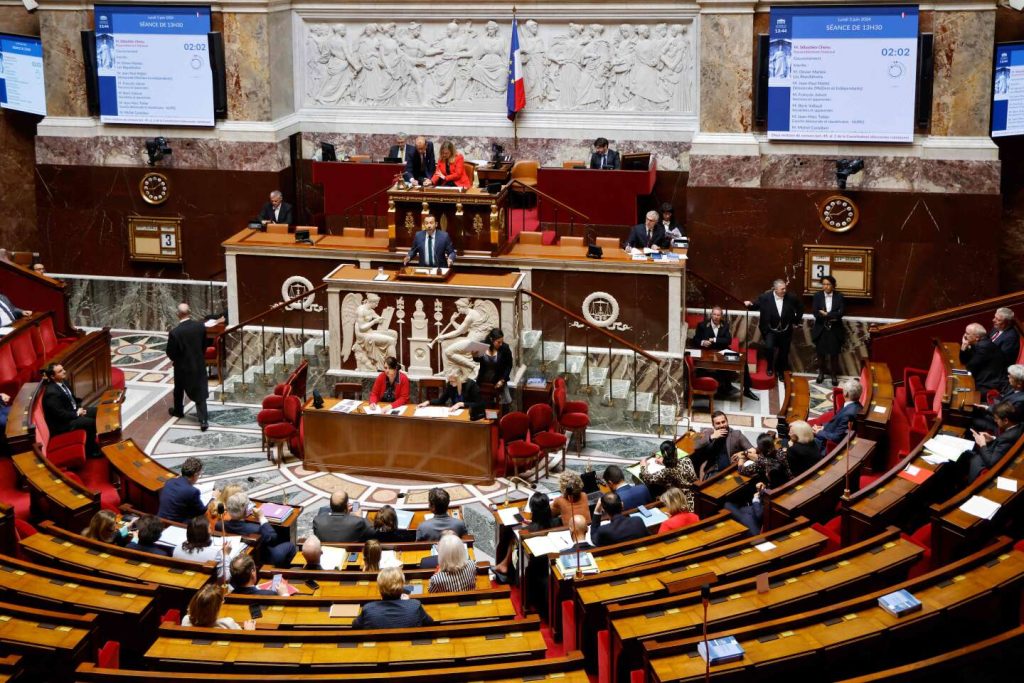The French Parliament definitively adopted a law aiming to strengthen the country’s legislative arsenal against foreign interference on June 5. The proposal, known as the Renaissance law, was adopted by a wide margin in the National Assembly with 138 votes in favor and 10 against. This law aims to create a national register of influence, a procedure for freezing financial assets, and to experimentally strengthen the fight against foreign interference with algorithmic surveillance currently reserved for counterterrorism.
The adoption of this text provides effective tools to French intelligence services to tackle foreign interference. The proposal was initiated by deputies Sacha Houlié, Thomas Gassilloud, and Constance Le Grip in response to the alarming reality of foreign interference in the country. Incidents such as tagging of David stars on walls in Paris, red hands painted on the Holocaust Memorial, and fake coffins placed under the Eiffel Tower have been attributed to potential acts of destabilization by Moscow. The Minister of Foreign Trade, Franck Riester, emphasized the importance of strengthening the country’s defenses in the face of attacks on democracy.
The law received support from the right-wing, independents, and the National Rally, despite criticism from some deputies about its limited scope. The left-wing was divided, with socialists supporting the law, while the only Green party member abstained. Communist deputies and members of the “Unsubmissive” party voted against the law, raising concerns about potential restrictions on public liberties. The law includes the experimental extension of algorithmic surveillance to combat foreign interference for four years, which some opponents argue could lead to a broader use of these algorithms beyond their intended scope.
Critics of the law are worried about its implications, especially regarding the potential misuse of surveillance algorithms. The association La Quadrature du Net condemned the law as an escalation of security measures. The law also aims to require foreign interest representatives engaging in lobbying activities in France to register on a national registry managed by the High Authority for Transparency in Public Life, with a sanctions regime. This provision is set to come into effect on July 1, 2025. The law targets individuals or entities attempting to influence French public decisions or policies, including contact with candidates, parliamentarians, ministers, and former presidents.
Some on the left called for more safeguards in the law to protect journalists, opposition foreign parties, and non-governmental organizations. Entities considered potential sponsors of interference activities include state-controlled enterprises, political parties outside the European Union, or foreign powers outside the EU. The law also allows for the freezing of financial assets of individuals or entities engaged in interference activities. Senators have also introduced an aggravating circumstance for crimes committed in the interests of a foreign power, entity, or organization, and have authorized the use of special investigative techniques in judicial proceedings against these crimes.
The new law represents a significant step in bolstering France’s defenses against foreign interference, particularly as the country faces ongoing threats to its democratic processes. By creating a framework to address and counteract foreign interference, the government aims to protect the integrity of its political system and national security. The adoption of this law signals a proactive approach by French authorities in safeguarding the country against external threats and maintaining the sovereignty of its decision-making processes.


